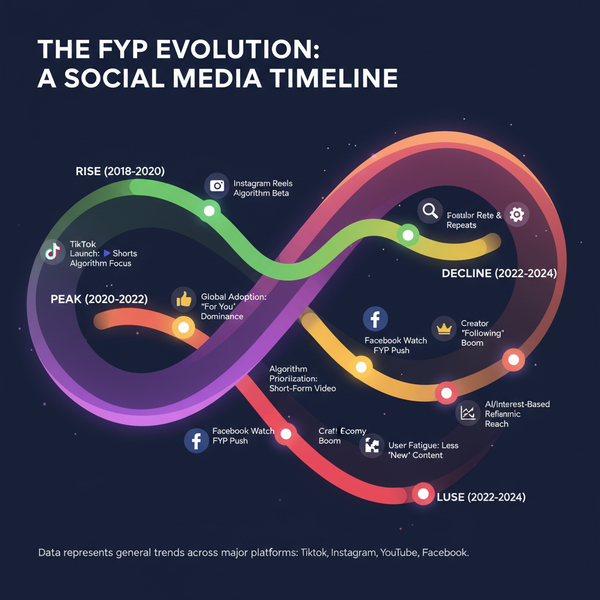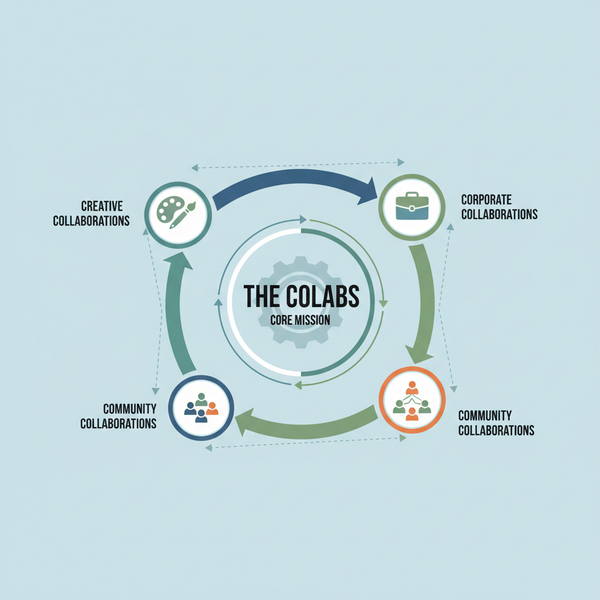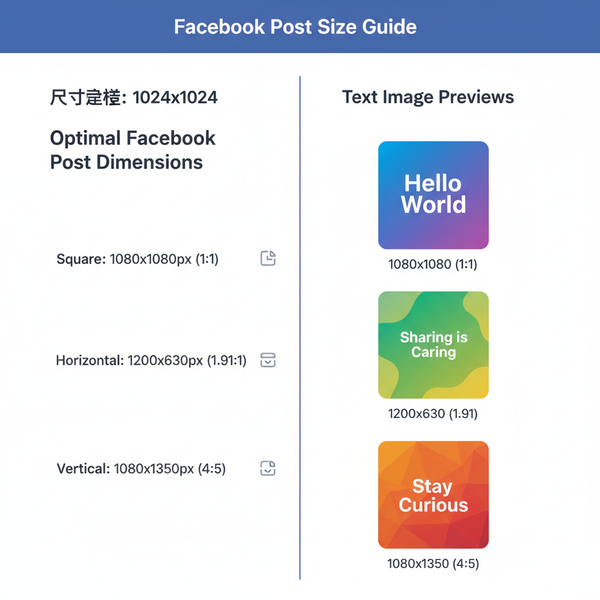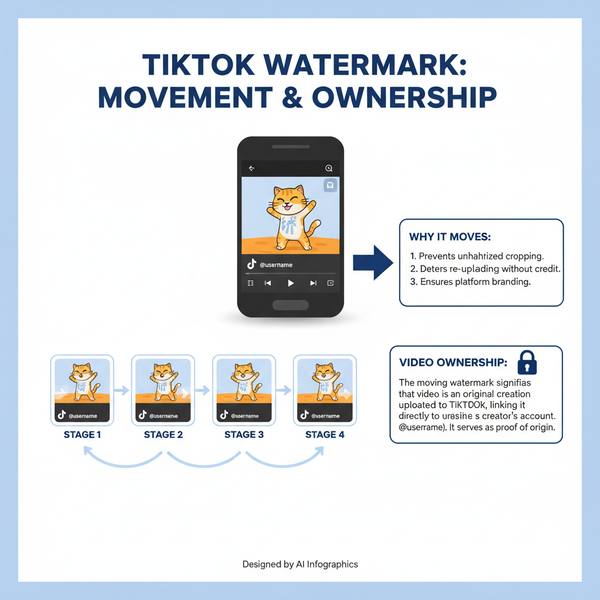Reasons People Slightly Change Memes Before Reposting
Discover why people tweak memes before reposting, from self-expression and group identity to algorithm boosts, copyright issues, and niche culture trends.
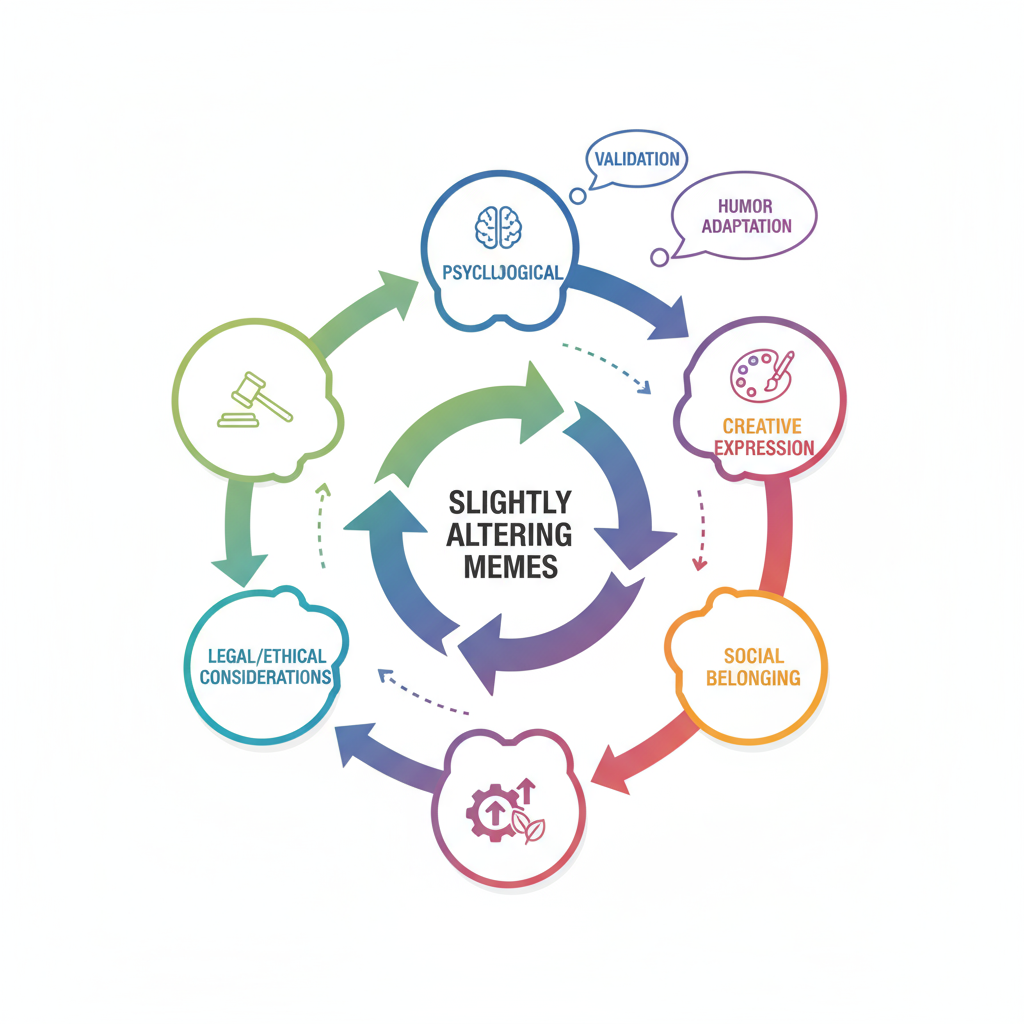
Introduction: Why People Slightly Change Memes and Repost Them
In the fast-moving world of social media, memes dominate as a powerful form of online communication. More than just jokes or images, they often reflect cultural moments, shared humor, and collective emotions. An interesting trend within this sphere is that people slightly change memes and repost them rather than sharing the original untouched. This small but intentional act sits at the heart of internet remix culture—where creativity, algorithms, and social interaction converge. Understanding why these edits happen reveals a lot about how digital communities function and how ideas evolve online.

---
Psychological Reasons for Altering Memes
Creativity and Self-Expression
Many users tweak memes to leave a personal stamp, turning them from pieces of received culture into creations that reflect their personality. Customization can include:
- Adding fresh captions.
- Changing colors or applying filters.
- Merging different meme formats for a mashup.
Personal Voice and Relatability
A meme altered to match one’s humor, tone, or life situation often resonates better with a target audience—whether it’s students, parents, or niche hobbyists.
---
Social Motives: Community Inside Jokes and Belonging
Within online circles, memes become a shared language. Editing them to create variations often serves as a signal of in-group knowledge.
- Inside Jokes: Unique spins that only members of a specific Discord, Reddit, or forum group understand.
- Signaling Belonging: Showing alignment with a community’s culture by adapting broad memes into niche references.
- Friendly Competition: Groups sometimes spur informal contests to produce the wittiest or most original edits.
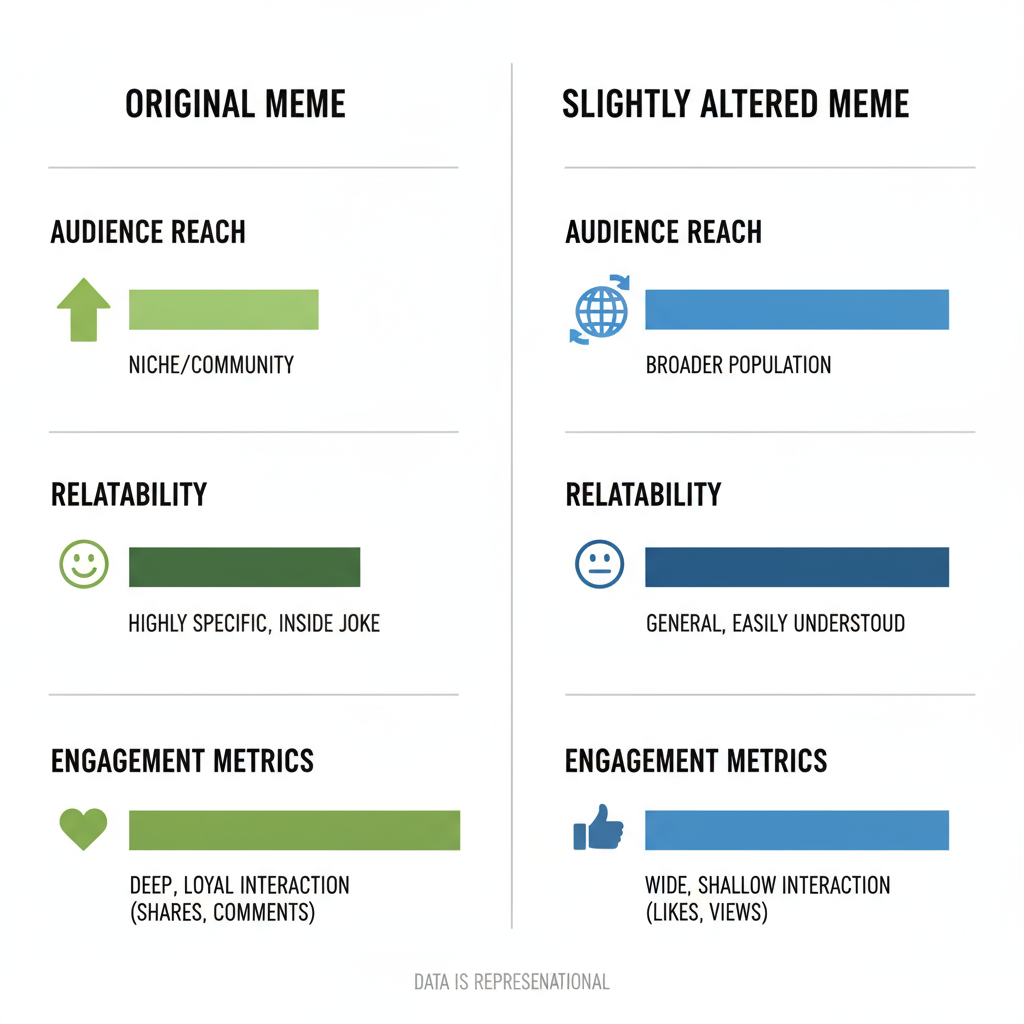
---
Algorithmic Factors: Freshness for Engagement Boosts
Algorithms favor originality and penalize duplicates. Small alterations help creators:
- Bypass duplicate detection.
- Refresh trending formats to attract attention.
- Keep their feeds dynamic and appealing to the “seen-it-all” crowd.
These strategies are especially valuable during short-lived meme cycles where timing and novelty are key.
---
Copyright, Ownership, and the Gray Area of Meme Ethics
Memes often borrow from copyrighted material, but humorous edits may qualify as fair use if they are transformative. Ethics in remixing go beyond legality—crediting originators, when known, is widely considered good practice.
| Aspect | Original Meme | Altered Meme |
|---|---|---|
| Legal Standing | Copyright often applies | Potential fair use if transformative |
| Perceived Ownership | By the creator | Shared between original and editor |
| Virality Potential | Moderate | Higher due to novelty factor |
---
How Altered Memes Spread Wider than Originals
Small tweaks balance recognition and novelty:
- The format remains familiar, reducing viewer “processing” time.
- New angles refresh interest, increasing the chance of shares and engagement.
Because of this, altered memes can eclipse their source in popularity.
---
Role of Subcultures in Meme Mutation
Subcultures adapt mainstream memes to their own contexts:
- Mainstream Root: Widely recognized formats.
- Subculture Branches: Targeted adaptations for gaming, anime, political satire, etc.
- Micro-Branches: Hyper-specific inside jokes within those communities.
These branches extend meme lifespans, even if they remain within niche ecosystems.
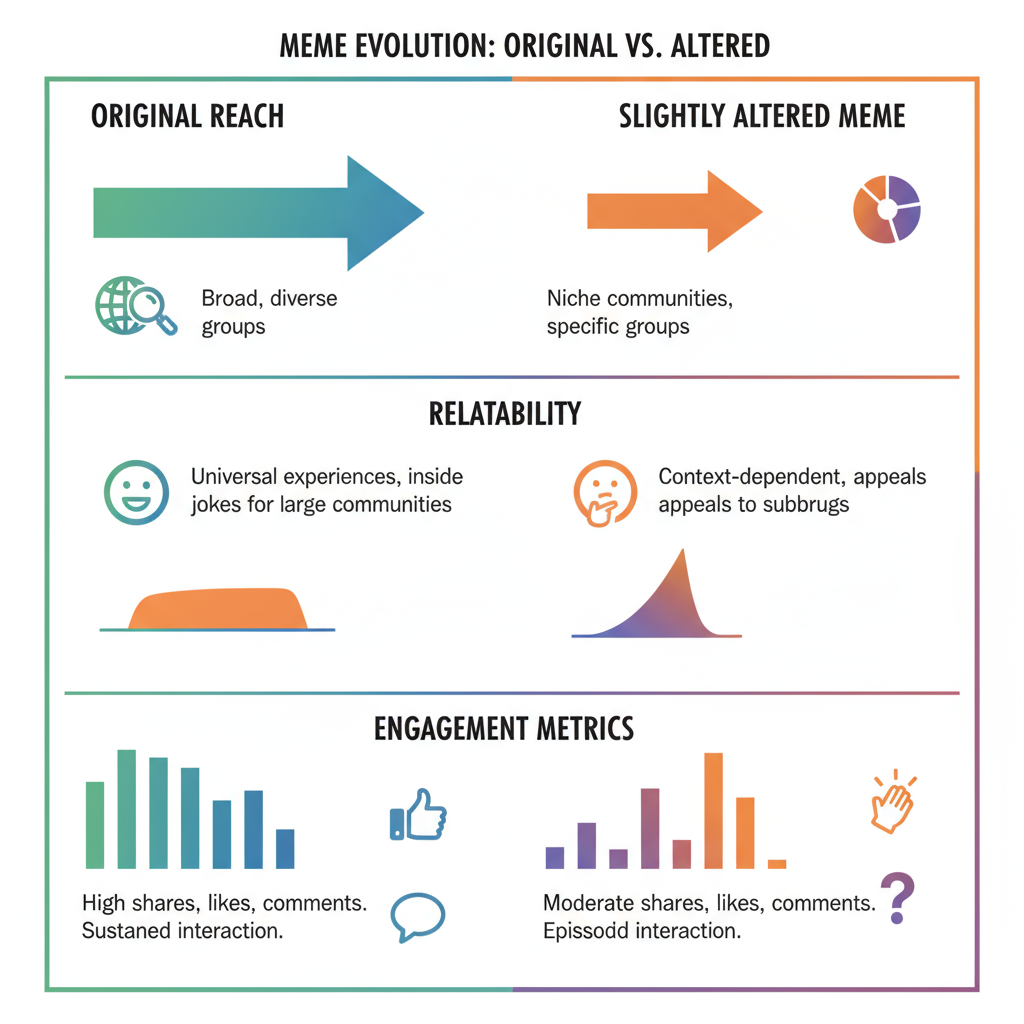
---
Case Studies: Popular Memes and Their Transformation
"Distracted Boyfriend"
- From relationship humor to political commentary and product comparisons.
"Two Buttons"
- From tough choices in pop culture to workplace dilemmas.
"Drake Hotline Bling"
- From personal preferences to brand and marketing memes.
Each example demonstrates how format familiarity and altered context combine for viral impact.
---
Downsides: Dilution and Misinformation
Not all alterations improve a meme:
- Dilution: The original meaning gets lost.
- Misinformation: Some edits push false narratives disguised as humor.
- Fatigue: Trend overuse leads to quick burnout.
---
Tips for Ethical and Effective Meme Remixing
- Credit if Possible: Adds integrity and maintains creator respect.
- Add Real Value: Avoid superficial edits—aim for clever or meaningful changes.
- Avoid Harm: Skip alterations that spread false or damaging content.
- Respect Context: Sensitive topics require extra care.
- Experiment Thoughtfully: Observe how your audience responds to variations.
---
Conclusion: Meme Remixing as a Cultural Practice
The habit of slightly altering memes before reposting is both creative expression and strategic communication. It reflects individual identity, community belonging, and savvy navigation of platform algorithms. This remixing keeps memes alive, helps them evolve, and turns them into a collective art form of the digital age.
Next time you see a meme with small but meaningful edits, consider the layers behind it—it’s more than a joke, it’s a product of social connection and the constant push for relevance in today’s fast-paced web culture.
Want to explore the art of online communication? Start observing and creating meme remixes today—you might just contribute to the next viral wave.

